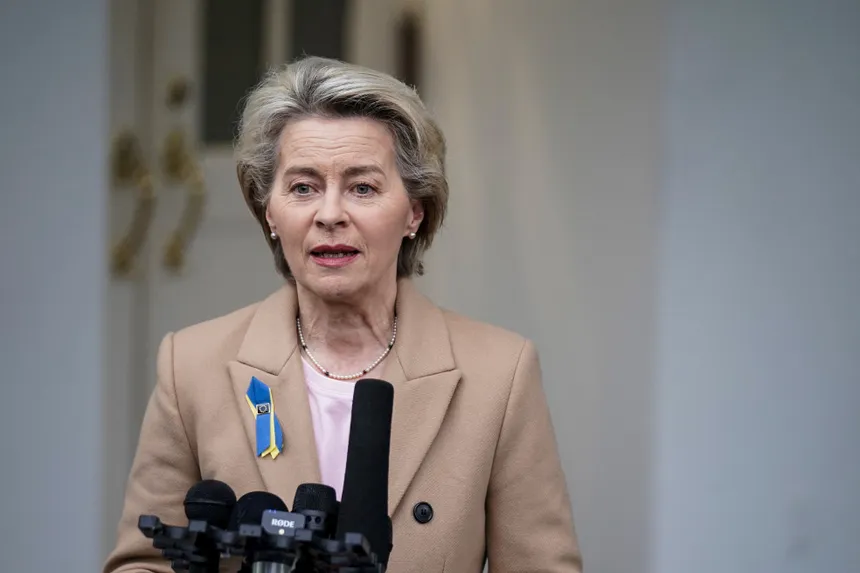European Union leaders gathered in Brussels this Thursday to agree on the officials who will represent the world’s largest trading bloc on the global stage for the next several years. The officials chosen will be responsible for matters such as competition law enforcement, foreign policy, and international diplomacy. The EU presidency of the Council announced the agreement on Thursday.
Ursula von der Leyen, the current European Commission president, has been approved for a second term. Known for her tough stance on fiscal discipline and climate action, von der Leyen has been a key figure in the EU’s efforts to tackle climate change and promote economic growth. Her reappointment was met with widespread support from EU leaders.
Antonio Costa, a former Socialist Party prime minister from Portugal, has been nominated to lead the European Council, the EU’s supreme decision-making body. Costa’s nomination was a departure from the previous practice of choosing a Council president from the current rotating presidency, but his leadership experience and knowledge of EU institutions made him an attractive candidate.
Kaja Kallas, the current prime minister of Estonia, has been endorsed as the next High Representative of the Union for Foreign Affairs and Security Policy. Kallas has gained recognition for her tough stance on Russia, particularly following the Russian invasion of Ukraine. Her endorsement was seen as a significant move by EU leaders to strengthen the bloc’s foreign policy narrative.
Despite some reservations from far-right officials, including Italian Prime Minister Giorgia Meloni and Hungarian Prime Minister Viktor Orban, the trio’s endorsement was widely supported by EU leaders. The decision marks a significant moment in the EU’s institutional setup, as it sets the stage for the bloc’s future foreign and security policy efforts.

Ursula von der Leyen (Via Ursula von der Leyen/Twitter)
The ratification process for von der Leyen and Kallas still requires approval from MEPs in the European Parliament, while Costa’s nomination will take effect in the fall. The consensus reached by EU leaders will help shape the bloc’s stance on key global issues, from competition law enforcement to foreign policy, and demonstrate its commitment to unity and cohesion.
The EU’s decision-making process has been marked by intense negotiations and compromise, reflecting the complex demands and priorities of the 27 member states. The trilateral arrangement, comprising von der Leyen, Costa, and Kallas, has been touted as a key step in bolstering the EU’s international standing and defending its values within the global context. By choosing leaders with strong track records in different areas, the EU has signaled its commitment to effective governance and its determination to contribute positively to global affairs.
The implications of this decision will be far-reaching, as the EU leaders will play a critical role in shaping the bloc’s external relations, coordinating foreign policy efforts, and going complex international crises. The EU’s ability to project a unified stance on critical global issues will depend on the leadership and diplomacy of these officials. As the world’s largest trading bloc, the EU’s actions will have significant consequences for global politics, economies, and societies.
The EU leaders’ decision on the officials to represent the bloc on the global stage marks a significant milestone in European politics. The chosen leaders, von der Leyen, Costa, and Kallas, bring a unique combination of experience, expertise, and leadership skills to their respective roles. As the EU looks to the future, these officials will play a pivotal role in shaping the bloc’s international agenda, promoting its values, and defending its interests on the global stage.
